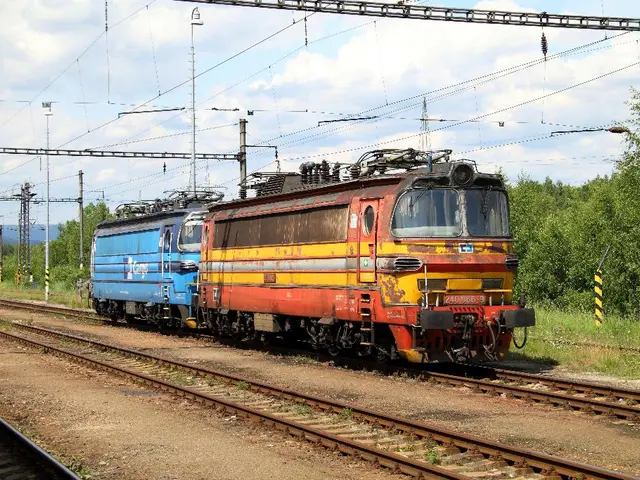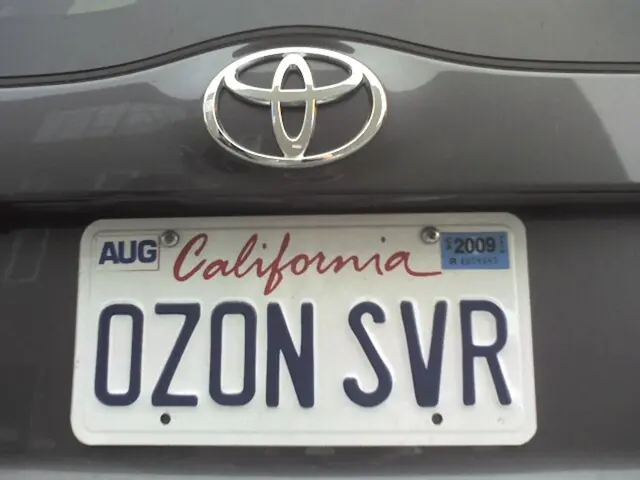Expanding Saxony's military sector with Kretschmer's focus
In the heart of Germany, the state of Saxony is contemplating a pivot towards a robust defense industry, a move that has sparked both backing and criticism. The push for this shift comes as the region struggles with economic hurdles, with the existing structures in the defense industry in Eastern Germany having been almost completely dismantled post-reunification.
Michael Kretschmer, the Saxon Minister-President, is leading this charge. He advocates for an Eastern Germany component in the awarding of contracts and calls for targeted federal support for the East in the defense industry. Kretschmer has even proposed the establishment of a 'Bundesverteidigungsfonds' (Federal Defense Fund) to bolster regional defense industry capabilities.
However, not everyone is in favor of Kretschmer's plans. Frank Peschel, the economic spokesperson of the Saxon AfD faction, argues that the state government should not view the defense industry as a panacea for economic woes. Meanwhile, the Left faction in the state parliament suggests steering tax funds into future-oriented civilian sectors rather than bolstering the defense industry.
The Saxon government, however, is undeterred. It is collaborating with partners to promote opportunities in the defense sector for various industries, advising companies in machinery manufacturing, automotive supply, process technology, chip industry, and large company settlements about prospects in the defense sector. Networking events are being organized between major players in the defense industry and Saxon suppliers, with the aim of benefiting Saxon companies and locations.
The defense industry is seen as a potential solution to economic challenges in sectors like the automotive industry or coal regions. Backers argue that it could help mitigate the impact of these challenges, providing a much-needed economic boost to the region.
The first reports of this defense industry expansion in Saxony surfaced in the 'Sächsische Zeitung' and 'Leipziger Volkszeitung'. As the debate continues, it remains to be seen whether this contentious move will be the key to economic revival in Eastern Germany or exacerbate the divide between Europe and Russia, as some critics worry.








